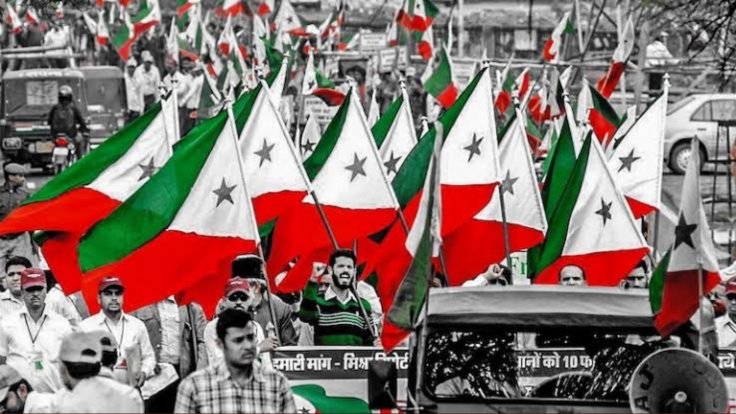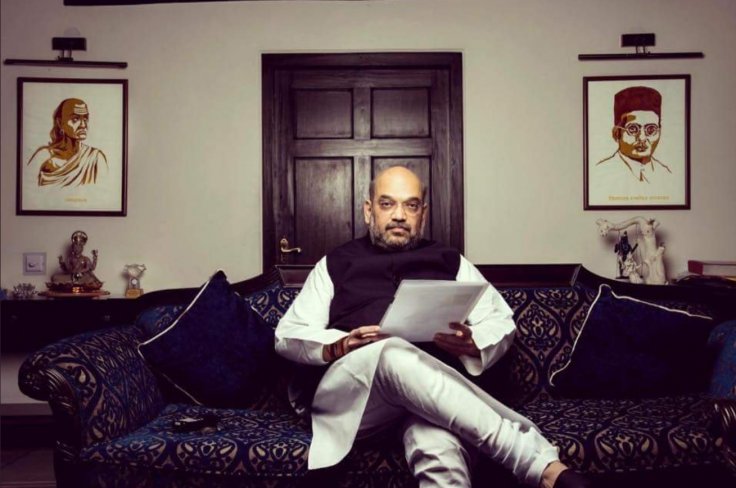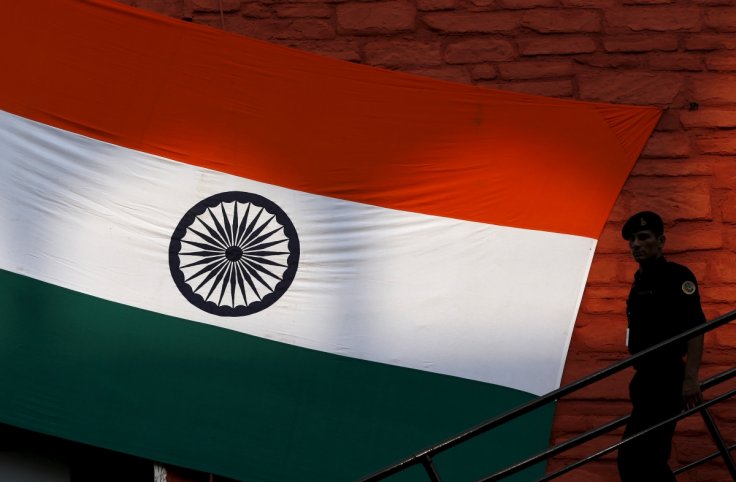The Indian government declared the Popular Front of India (PFI) and its associates and affiliates including its student wing- the Campus Front of India (CFI) as an "unlawful association" under the Unlawful Activities (Prevention) Act (UAPA). The Ministry of Home Affairs (MHA) on Wednesday banned the Muslim organization for its alleged links to terror funding.
Besides, PFI's associate organizations - Rehab India Foundation (RIF), Campus Front of India (CFI), All India Imams Council (AIIC), National Confederation of Human Rights Organization (NCHRO), National Women's Front, Junior Front, Empower India Foundation and Rehab Foundation, Kerala - were also banned for a period of five years, the ministry said.
Banned for Terrorist Links

The decision comes after several Indian states demanded a ban on the organization. Following that, an investigation was launched, which found PFI to allegedly have terrorist links. Another order from the MHA gives States the authority to alert locations connected to PFI and its front organizations when illegal conduct is occurring.
The order states that the District Magistrate will compile a list of the organization's immovable properties and issue a directive prohibiting anyone who, as of the notification date, was not a resident of the notified place from entering, being on, or in the notified place without the District Magistrate's consent.
The ban comes just days after the National Investigation Agency (NIA), Enforcement Directorate (ED) and state police conducted raids on the PFI in cases related to terror activities, terror funding, terror training and radicalization of vulnerable persons by leaders and cadres of the Muslim outfit.
In the initial set of raids, 106 PFI members were arrested. Meanwhile, 247 PFI members were detained or arrested during the second round of raids. Investigating agencies gathered sufficient evidence against the group, on the basis of which the group's ban was decided.

As the central government declared PFI and its associates or fronts as an unlawful association with immediate effect, BJP, the governing party leader, Kapil Mishra, stated that "Banning PFI is a decisive step against Islamic Jihad" in a tweet.
What Does the Ban Mean?
The ban now almost makes the organization inoperable. The ban under the Unlawful Activities Prevention Act's Section 3, which makes it "terrorist organization", is expected to cripple PFI's finance, recruitment, and other activities because anyone found to be linked to it could be charged with terrorism anywhere in India.

Following the arrests of PFI's top leadership in a crackdown since September 22, PFI and its remaining office bearers will not be allowed to organize protests, seminars, conferences, donation exercises, or come up with publications, among other activities. The actions can be categorically ruled illegal by federal agencies and the local police.
In the coming days, additional action will be taken against the cadre-based organization. There may be travel limits placed on the PFI's office holders, as well as the possibility of seizure or attachment of the bank accounts, properties, and offices of the PFI and related organizations.

According to a notification released by the government on Tuesday, the majority of PFI's top leadership formerly belonged to the banned outfit Students Islamic Movement of India (SIMI). It was noted that PFI had connections to the banned terrorist group Jamat-ul-Mujahideen Bangladesh (JMB).
JMB was banned in 2019. Although it still has a presence in several states like West Bengal, Assam, Jharkhand, Karnataka, and other states, it has been "quietly" engaging in subversive activities including fund-raising and the recruiting of weak Muslim youngsters.

According to a National Investigation Agency (NIA) document, it was allegedly training them and motivating them to create homemade weapons like bows and arrows, etc., radicalizing them to fight against members of other communities in India.
In a crackdown on the group in 2014, more than 50 JMB members were detained in West Bengal and Assam, and more than 100 explosives were discovered.
According to the NIA document, SIMI founded the Indian Mujahideen terror group in 2006–2007 with Pakistan's assistance and committed a number of explosions. It was also mentioned that JMB had ties to Pakistan as a result of receiving funding from Lashkar-e-Taiba.









